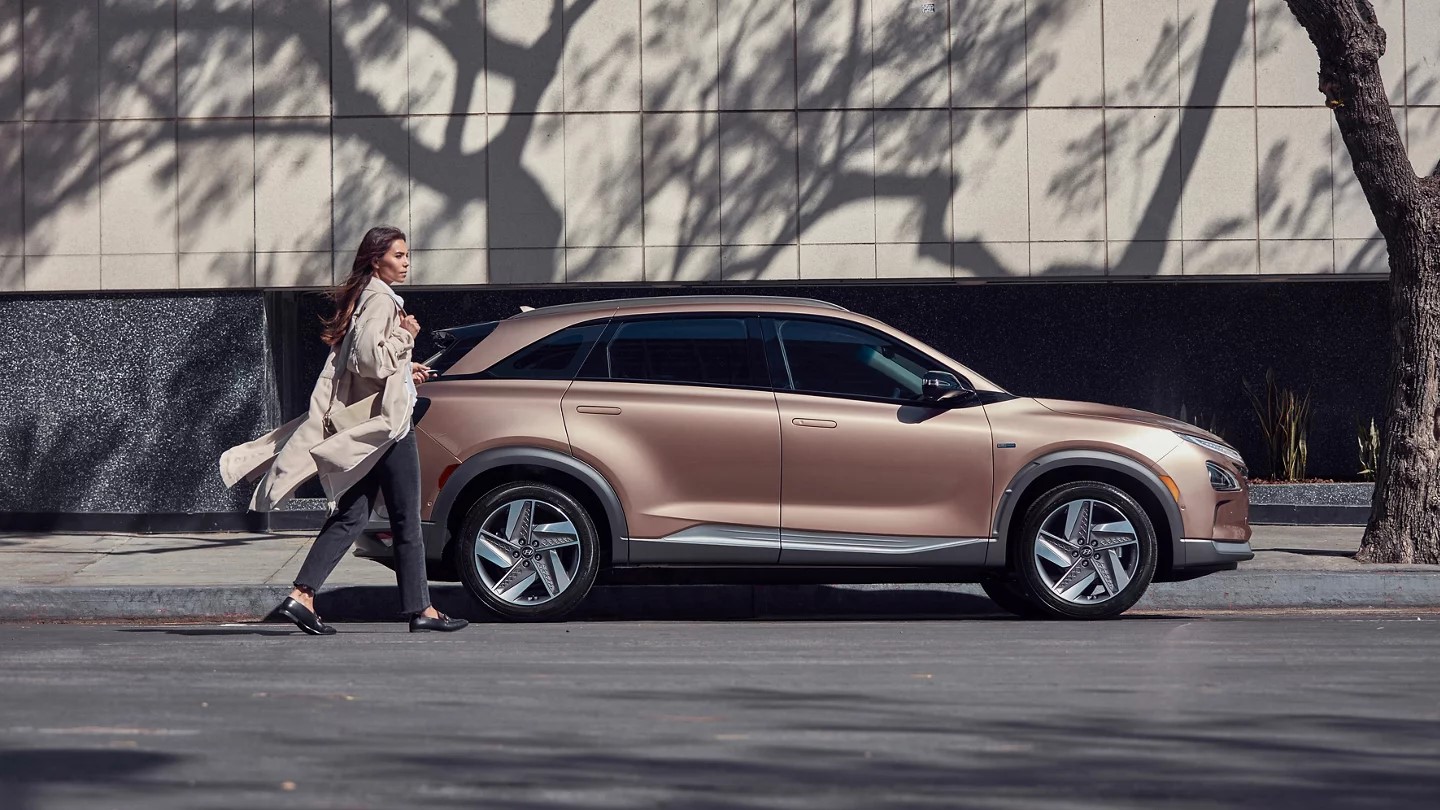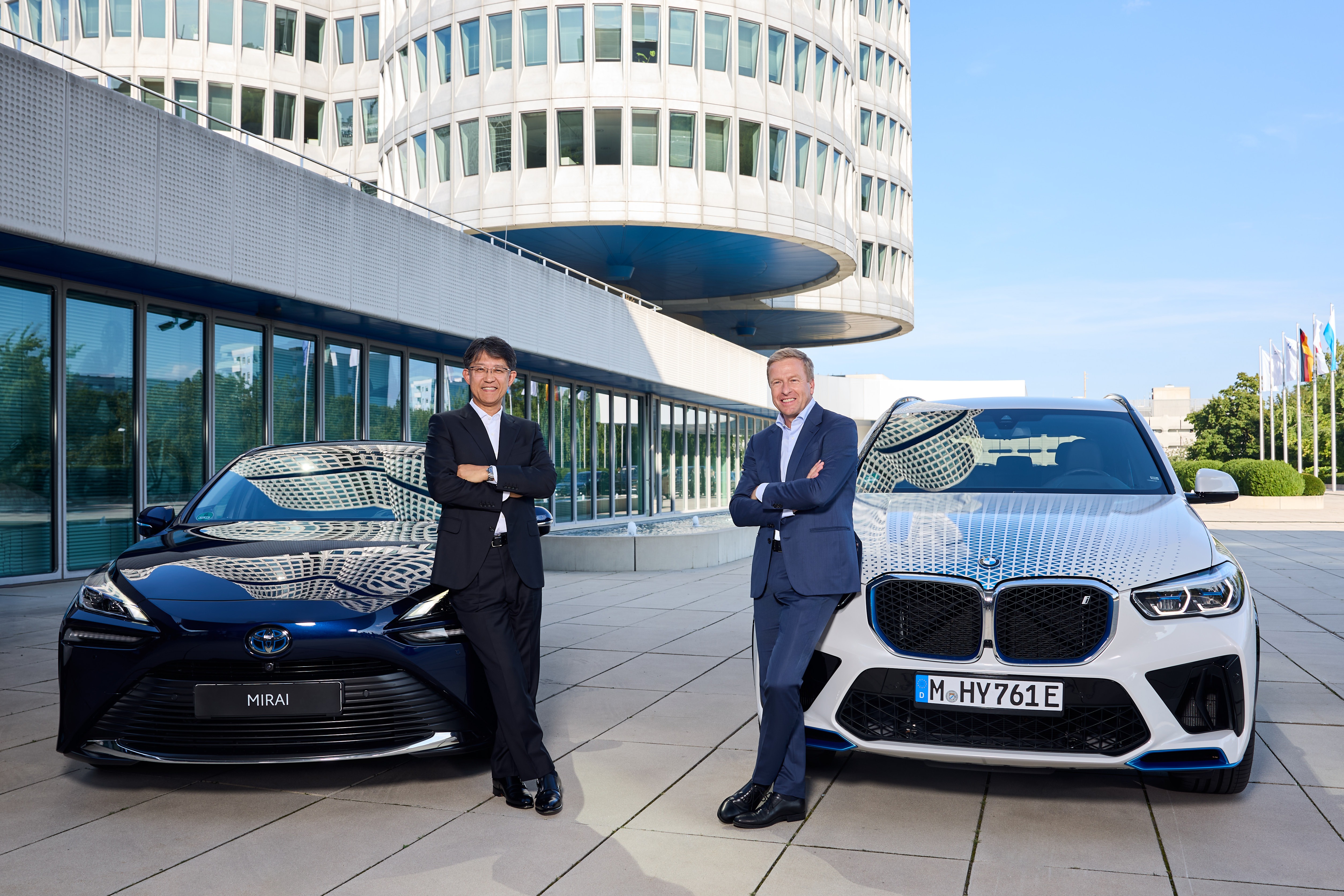According to South Korean media reports, Toyota Motor Corporation Chairman Akio Toyoda will fly to South Korea in late October to meet with Hyundai Motor Group Chairman Chung Euisun and discuss business cooperation, including hydrogen fuel cell electric vehicles.
It is said to be the first visit to South Korea by the Toyota Motor Corporation Chairman since January 2012. The media speculates that Akio Toyoda may arrive in Seoul on October 24th for a three-day visit and may hold a closed-door meeting with the Hyundai Motor CEO on October 25th.
In terms of the global car sales in 2023, Toyota Motor Corporation topped the list with 11.23 million vehicles sold, followed by Volkswagen with 9.24 million vehicles. Hyundai Motor Group ranked third with 7.3 million vehicles sold.
Sources say that the two automotive groups hope for closer cooperation: Hyundai will learn from Toyota's experience in the development and production of hybrid vehicles, while Toyota will seek insights from Hyundai's transition to electric vehicles. In addition, the media expects Toyota and Hyundai to discuss other future mobility projects, such as autonomous vehicles and Advanced Air Mobility (AAM).
The two companies will particularly discuss cooperation in the field of fuel cell electric vehicles (FCEV), joining forces to build clean hydrogen production and distribution infrastructure.
Both automotive groups are quite active in the development of hydrogen vehicles. It is reported that Hyundai plans to invest 11.1 trillion won ($8.3 billion) in hydrogen vehicles and fuel cells by 2030. Hyundai's CEO, Chang Jae-hoon, also became the chairman of the Hydrogen Council in June this year, which is composed of 140 companies worldwide.
Hyundai 2023 NEXO Hydrogen Fuel Cell Vehicle
Toyota recently strengthened its hydrogen alliance with the German BMW Group. On September 5th, BMW announced a collaboration with Toyota on hydrogen fuel cell vehicles and plans to launch its first mass-produced hydrogen vehicle, the BMW iX5 Hydrogen, with Toyota's help in 2028.
Public data shows that Toyota's operating profit is 5.35 trillion yen (~266.3 billion RMB), with sales of 45.1 trillion yen, and its operating profit margin is 11.9%, the highest among global car manufacturers. Hyundai Motor and Kia's total operating profit in 2023 is 26.73 trillion won (~141.9 billion RMB), with sales of 262.47 trillion won, and a combined profit margin of 10.2%.
Hybrid vehicles (HEV) are an important part of the profit sources for both companies.Statistics show that Toyota sold 3.44 million hybrid vehicles last year, accounting for 30.6% of its total sales. Hyundai Motor and Kia sold a total of 840,000 hybrid vehicles, accounting for 11.5% of their total sales. Hyundai and Kia also stated at the recent CEO Investor Day that they plan to sell 1.33 million and 800,000 hybrid vehicles, respectively, by 2028.
In addition, Toyota is also working hard to develop battery electric vehicles. In May this year, Toyota said it would invest 5 trillion yen in electric vehicles by 2030, with an annual sales target of 3.5 million electric vehicles. Earlier this year, Akio Toyoda stated that battery electric vehicles will eventually account for about 30% of the global vehicle market, with the rest of the market being taken up by hybrid vehicles (HEV) and hydrogen fuel cell vehicles (FCEV).
In June, Honda also announced in the United States the launch of its new 2025 CR-V fuel cell electric vehicle leasing and sales program, offering up to $30,000 in vehicle leasing credits to offset the cost of hydrogen.
However, the progress of global hydrogen vehicles is not as good as expected. According to public data, global hydrogen vehicle sales in the first half of the year were only 5,621 vehicles, a decrease of 34% from 8,524 vehicles in the same period last year. Among them, Hyundai, the best-selling, sold only 1,836 NEXO and ELEC CITY hydrogen FCEVs in the first half, while Toyota's Mirai hydrogen sedan sales were only 1,284 vehicles, a year-on-year decline of 44.9%. Industry insiders believe that the lack of new models, high hydrogen prices, and insufficient hydrogen stations are the main reasons hindering the development of hydrogen vehicles.







